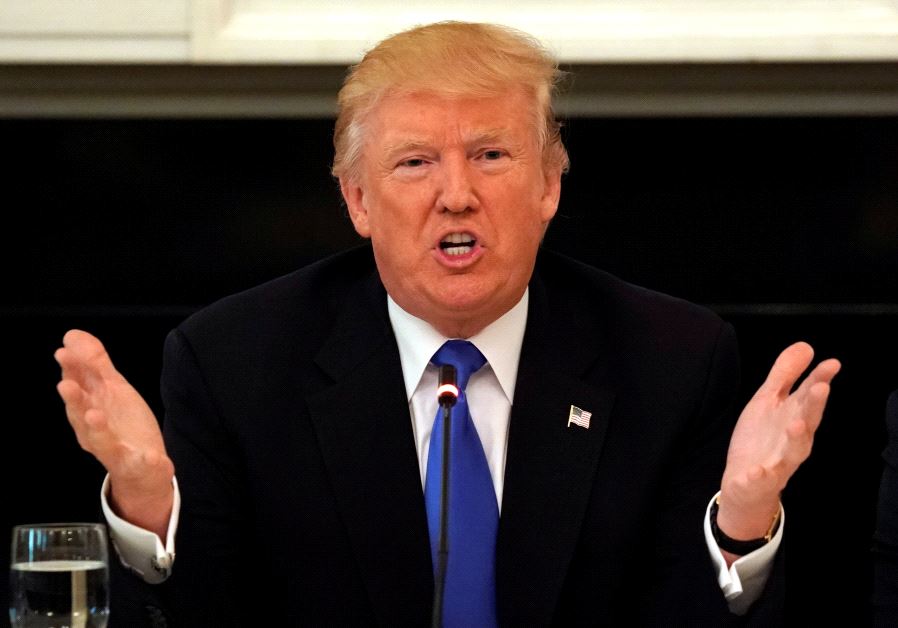Trump's new Iran strategy seeks to 'chop off IRGC's tentacles'
Ahead of his nuclear deal 'de-certification' address, the White House released a press release outlining the new American strategy towards Iran.
 U.S. President Donald Trump speaks at the White House(photo credit: KEVIN LAMARQUE/REUTERS)Updated:
U.S. President Donald Trump speaks at the White House(photo credit: KEVIN LAMARQUE/REUTERS)Updated: